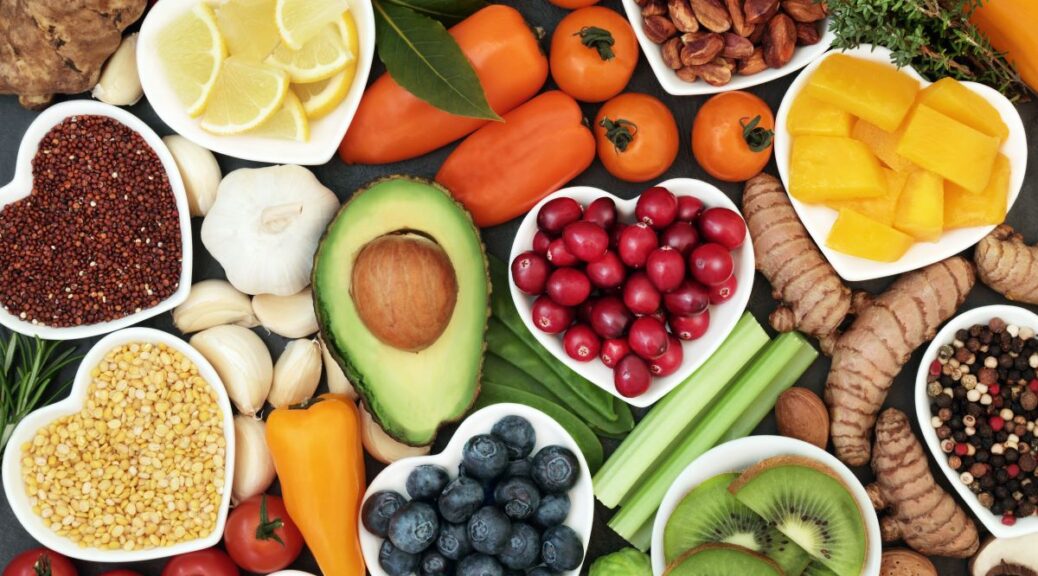
Plant Based Diet and Protein
One of the most common questions about a plant-based diet is, “Where do you get your protein?” This concern arises because meat is often regarded as a superior protein source, praised for being complete and highly absorbable. However, this perception is largely a result of marketing and misconceptions. In reality, meat is not necessarily a superior source of protein.
The Basics of Protein and Amino Acids
Proteins are composed of amino acids, and there are nine essential amino acids that our bodies cannot synthesize on their own. While it’s true that meat contains all nine essential amino acids, making it a complete protein, there are several plant-based foods that also provide all these essential amino acids. These include:
- Ezekiel bread
- Quinoa
- Buckwheat
- Spirulina
- Soybeans
- Nutritional yeast
- Chia seeds
- Hemp seeds
It’s important to understand that you don’t need to consume all nine essential amino acids from a single food source or in one meal. Much like you don’t need to get all your vitamins and minerals from one food, a balanced diet will provide all necessary nutrients across various foods.
Combining Plant Proteins for Completeness
Certain grains, like rice and wheat, are low in lysine but high in other essential amino acids, while beans and legumes are rich in lysine. This is why combining beans and rice creates a complete protein. Similarly, a peanut butter and jelly sandwich on whole wheat bread or a veggie sandwich using Ezekiel bread provides complete protein from these combinations.
Daily Protein Needs and Common Myths
The daily protein requirement is often overestimated. In Western cultures, protein deficiency is extremely rare, even among those who primarily consume plant-based diets. Most people get adequate protein from a diverse diet of fruits, vegetables, grains, and legumes.
For instance, human breast milk, which is the ideal food for infants during rapid growth phases, contains only 2.5 grams of protein per cup, compared to 17 grams of carbohydrates and 11 grams of fat. If humans needed high amounts of protein, breast milk would naturally have a higher protein content. This high-carb, moderate-fat, low-protein composition should serve as a precedent for our diets as adults. While protein is essential, there is no need to be obsessed with it.
Embracing a Plant-Based Diet
If you follow or are considering a plant-based diet, incorporating a variety of beans, lentils, rice, quinoa, organic soy, hemp seeds, chia seeds, and potatoes will ensure you receive sufficient protein.
Adopting a plant-based diet offers numerous health benefits, including reduced risks of heart disease, high blood pressure, diabetes, and certain cancers. Additionally, a whole food, plant-based diet is associated with weight loss. People on such diets tend to be leaner due to the diet’s low saturated fat content and high nutrient density. Moreover, it is rich in fiber, which aids in digestive health by cleaning out the colon and accelerating transit time through the digestive system, leading to overall better health.
In summary, a plant-based diet can provide all necessary proteins and offers a variety of health benefits. By eating a diverse range of plant foods, you can meet your nutritional needs and enjoy improved health and wellbeing.